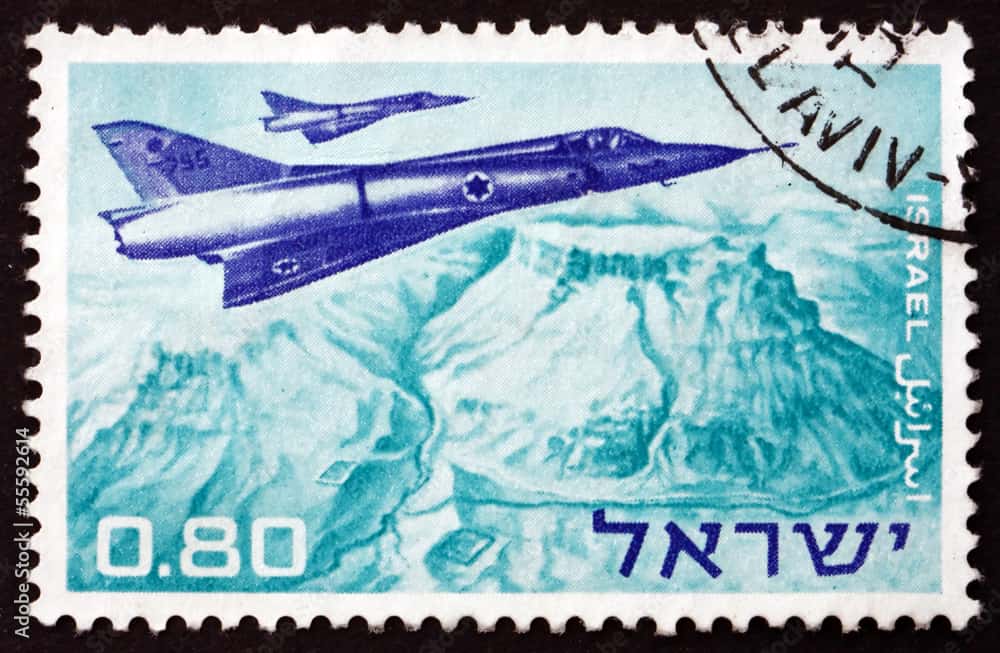PART I
Having lost a much wanted baby at a fairly advanced stage of pregnancy several years ago, I was reminded of a statement of Rav Eliyahu Lopian, zt”l who said, “Man’s head and heart are like two different persons. The head knows and understands everything; nevertheless, the heart does what it feels and wants to do” (Lev Eliyahu, p.188). You can say all the “right” phrases to maintain faith in Hashem’s wisdom and goodness. You know intellectually that everything Hashem does is for the best, that you must accept the pain as atonement, and that from this experience you will ultimately be wiser and stronger. Your mind tells you that in the Olam shel Emes, everything will make sense and be seen as totally fair. At some point, when you look back at this event, you will see how it had to be this way.
Why, then, with all this intellectual knowledge, does your food taste like dust, your body feel like lead, your mind become so disoriented and distracted, and your heart feel so broken? Why is it such a struggle to glue yourself back together and carry on your normal activities? Why the cruel dreams in which you are with the object of your love, only to awaken and re-experience over and over again the shock of the loss? Why doesn’t the pain stop when you say,”I accept this totally as Hashem’s will?”
Each part of this system has its own response to failure and loss. The spirit tries to convey its transcendent wisdom and absolute faith to the other parts. But we are also human and have our personal longings and desires for health and happiness which are not always in accord with the Divine plan. Grief is above logic.
The spirit says, “It must be this way.” But the mind says, “It’s not fair. There’s been a mistake. I cannot accept this! I don’t deserve this!” One aspect of healthy mourning is the resolution of this conflict, with the spirit eventually winning so that we return to life with a new sensitivity and awareness which make us wiser and stronger.
However, this process takes time and is dependent on the extent of the blow and our ability to internalize the messages of emunah and bitachon that we have been mouthing for so many years and that are now being put to the real test. We know that suffering purifies. But that does not happen automatically. We must actively engage in the purification process by overcoming the natural tendency to be self- pitying and angry. This is the road back from grief.
A loss is like an operation. A part of you has been cut away- without anesthesia. You suddenly feel terribly vulnerable and fragile. If the loss was sudden, there is a sense of having lost control over your life. You really feel the extent to which “Man is like a breath; his days are like a passing shadow” (Tehillim 144:23). Part of you is numb and stunned. Your body feels as if it has sustained a physical blow. Your self- esteem may take a beating, as your wonder, Why me? What did I do that was so bad to have deserved this? Like a child who is denied something by the parent, you wonder if you are still loved, if you are worthwhile.
We will all face death. And we may be frightened by our own reactions to the event. We may suddenly regress to a childlike state of passivity and dependency and wonder if we will ever come out of it. Good mourning involves a very subtle balance between the maintenance of previous structures and disciplines along with permission for the heart to express its grief, for the mind to express its doubts and fears, and for the body to overcome the effect of the shock. You need to give yourself permission to cry. You also have to know when to say, “Enough. Go back to life and the living.”
A grieving person may not be helped by uplifting words such as “It’s all for the best” or “Be thankful it wasn’t worse.” If the heart is full of anguish and the mind wretched with despair, the person must give expression to the thoughts and feelings first. Only then can the spirit be heard. This is why it is so important to be sensitive to one’s own or another mourner’s needs to talk about what the loss means to him. That requires time and patience, which, sad to say, many people in our society do not seem to have. They throw some pat answer at the mourner like a tiny band-aid on a gaping wound and expect it to dispel the pain magically.
You may want to share your grief, but do not want to burden others with your pain. You may find that others try to comfort you by talking about the weather or other inane subjects and are too embarrass to say, “I hurt. Allow me the release of a good cry without your cutting me off.” If you’ve been “road- blocked” by others, you are afraid of opening up for fear of hearing yet another stock phrase instead of getting the sympathy you want and need. On the other hand, you may have the type of personality trait that may prevent you from wanting to share your feelings with others, or you may not know how to articulate them.
You think you have achieved a state of full acceptance, and then a song or a chance meeting pulls you down again. You light Shabbos candles or prepare for a holiday and think, The last time I did this, everything was fine. I was happy and whole. Now I am bewildered, lost, and bereft. Will I ever laugh or love again? Will I ever return to my former self?
You, or those around you, may be in a hurry to see you get over your grief. Then you are surprised to find your muscles suddenly resisting your efforts, as if your body is weighted down by some unknown force. Tears overtake you at odd moments. You try to keep your normal social interactions, but sometimes you find yourself at a loss for words, absentminded, empty and numb, or filled with grief. You have no appetite, or you gorge mindlessly. You try to get meals on the table to keep things in order, but it all seems senseless, unreal, or unimportant. When you first resume normal activities after a major loss, you feel a bit mechanical and s tiff, like trying to walk after an operation. You must learn to function with a level of pain you did not have before. You don’t know what to expect of yourself or how much to push.
More to follow soon…
This article originally appeared in The Jewish Press.














